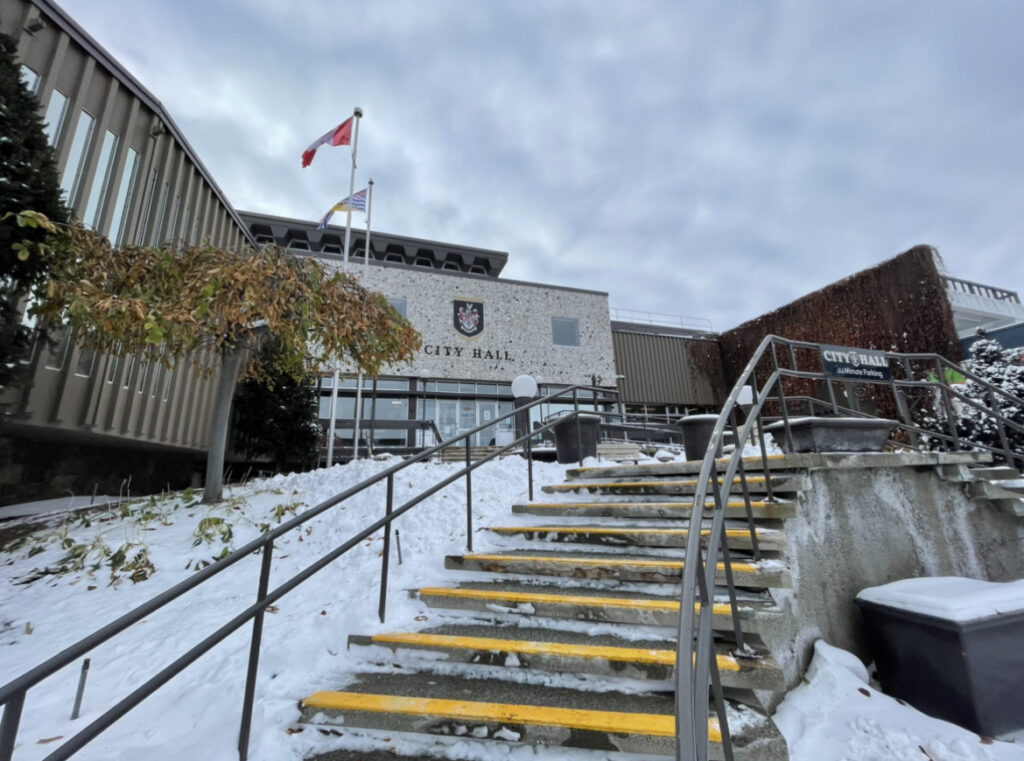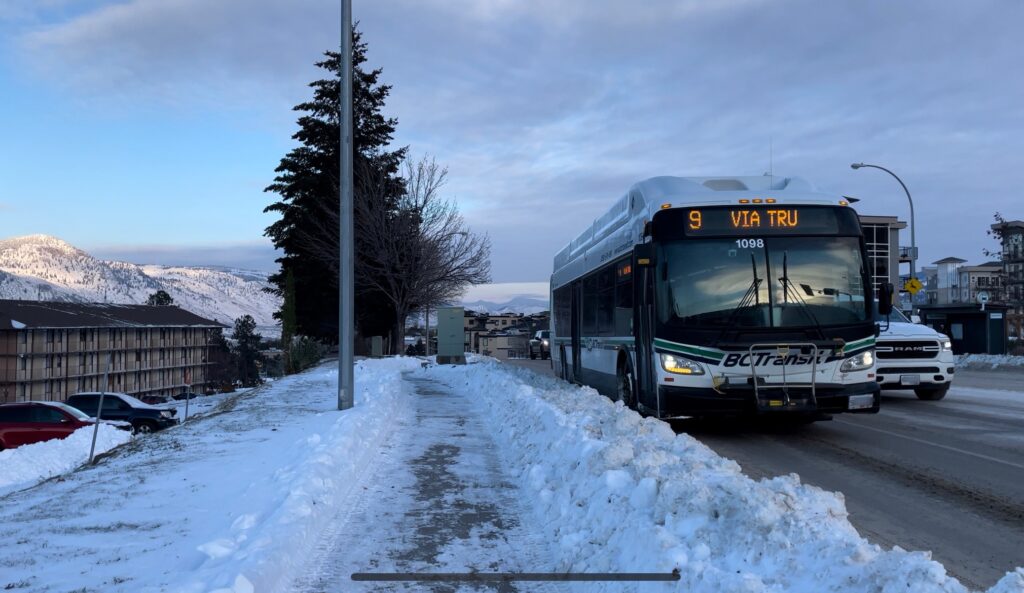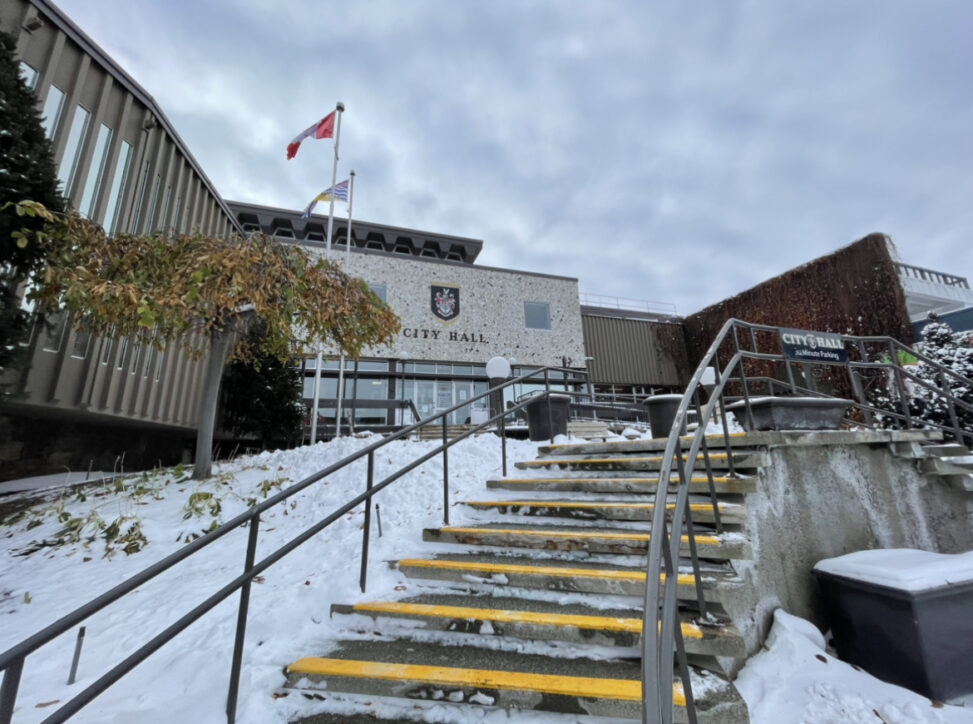By Paige Kidder
Kamloops’ municipal election concluded on October 15th, 2022, with Reid Hamer-Jackson elected as mayor. Young people in the city have expressed concern over his lack of acknowledgement of climate change, his vague plans to handle the housing crisis and his suggestions regarding social supports for the homeless population and those battling with substance addiction.
Hamer-Jackson’s campaign trail focused on his motto as a “mayor for change,” and, according to his campaign website, had a dense focus on community safety, looking to “reduce pro-drug/harm reduction sites and increase rehabilitation and recovery facilities with wrap-around services.” Hamer-Jackson’s claims gained notoriety when he suggested one of the solutions to protecting the community and supporting unhoused people in the city was to send them elsewhere.
He was quoted in Kamloops This Week stating “we can’t be afraid to send them back. They’re adults. If they want to go back to their communities, why wouldn’t we?” Hamer-Jackson also added that “we can get them a bus ticket. I’ve already got a bus.”
This sparked some negative reactions, particularly from youth and social supports within the city. Additionally, Hamer-Jackson’s campaign, along with many other Kamloops candidates, didn’t seem to address in detail many of the timely, youth-related issues plaguing the city right now. Plans surrounding climate change and affordable housing for youth were left off the table.

Local youth express concerns over the new political scene.
Julye-Anne McKenny, a TRU political science major, described how Hamer-Jackson’s campaign sparked concerns for her once he was elected.
“He seems to represent a certain kind of conservative ideology…and that ideology isn’t always conducive to social change or social supports” She reveals. “Mayor for change was his slogan, but it wasn’t for the change which I think a lot of younger people were hoping to see.”
McKenny is local to Kamloops and followed various parts of the election campaign, although found it hard as many candidates, including Hamer-Jackson, didn’t have much of a social media presence or make a sustained effort to connect to local youth.
She also mentioned that her biggest concern is climate change, especially with recent extreme weather events hitting the city like floods and forest fires. When asked if she feels that Hamer-Jackson will be addressing her concerns, McKenny explained that she’s worried about the new mayor’s statements and lack of concrete goals.
TRU political science student Philip Damian had similar concerns as well about the city’s plans for moving forward with Hamer-Jackson in power.
“It’s nice to see someone focusing on social needs. He seems to care about community safety.” Damian remarks. “But it’s certainly quite concerning that the immediate line of thinking to tackle these problems is that we have to take some of [the homeless] and bus them out.” Damian describes this as a band-aid fix that will only cause division within the community.
Hamer-Jackson’s plans to relocate the homeless are unlikely to be approved.
Although social aids like Ask Wellness have expressed concerns about Hamer-Jackson’s plans, it’s highly unlikely these aids will lose support from the city, as Dr. Terry Kading, TRU political science professor points out. Kading adds that drastic changes like relocating people and weeding out certain social supports are unlikely to happen because “behind the scenes, [local government] is a system based on votes, the mayor only has one. Whatever the other eight individuals decide will always prevail over whatever just the mayor wanted.”
The new mayor’s plans could indirectly impact youth in the community.
Kading predicts that youth-related issues like housing affordability, climate change and access to transportation could be addressed, but more indirectly. Hamer-Jackson made vague claims in his campaign about climate change, suggesting that he would work to reduce air pollution and protect natural resources, but didn’t reveal any plans or concrete actions in place to do so. Kading explains that for Hamer-Jackson, as well as a lot of other councillors, climate change was not at the forefront of electoral conversations. In addition, Hamer-Jackson did address housing affordability by proposing tax exemptions for owners of apartment buildings so they can consider expanding and building up. Although youth housing wasn’t addressed by Hamer-Jackson, Kading suggests that the new mayor’s plans could have some positive outcomes in this area.
“I think there’s probably a lot you could do to encourage developers to build more housing and certainly TRU has property it could still expand on.” Kading points out. “It’s just a matter of trying to find out what might be some of the limitations in existing regulations.”
Additionally, Kading also suggested that Hamer-Jackson may improve transit in the city which could have a ripple effect on reducing CO2 emissions and allowing Kamloops youth to get around reliably. Hamer-Jackson claimed he spent a month riding the city bus, and Kading reveals that his experiences could result in a positive outcome.

“He recognizes the shortcomings, and [transit] is one area where he probably could make a good case to the city council and get other councillors on board. The province only pays for so much of the bus service and staffing by hours, but the city has always got some leeway to purchase more hours to address issues.” Kading states.
Overall, Kading concluded that youth in the city could expect some positives to come out of this election despite Hamer-Jackson’s claims and lack of coverage for youth issues. However, any improvements to the city will depend on how the new mayor will be able to work with city council. As for TRU students McKenny and Damian, they’re just hoping to see some sort of positive change.


Leave a Reply